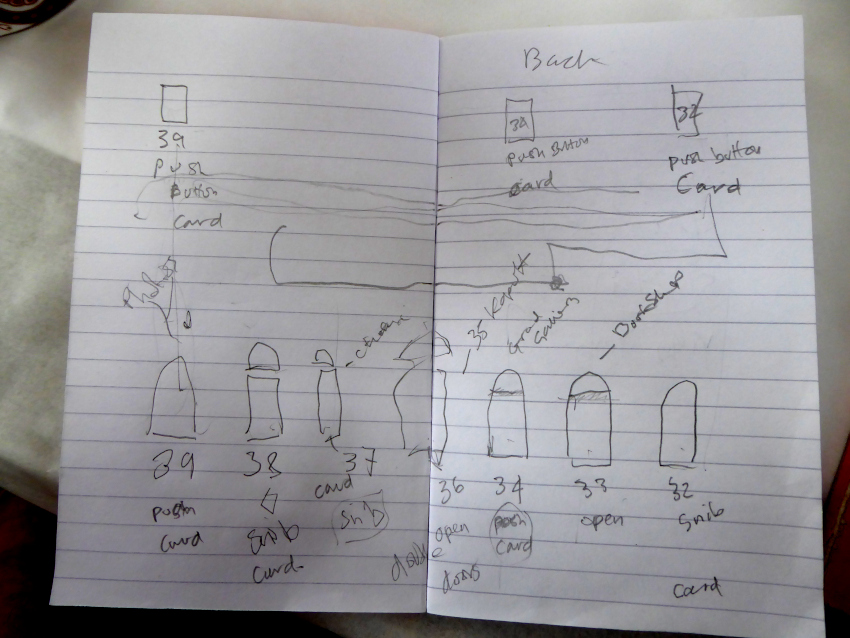with Hao Wu, Antonio Saucedo Azpe, Eemaan Rashid, Ying Ying Cecily Tong, Yingying Cheng, Wendi Zheng, Xujun Lu, Bianca Lee, Ojasvini Goel, Xiaoke Ding, Ziyue Wang, Deniz Kangüleç, Maria Perdomo Shalu Liu, Eilyn Cheung, Jinyu Li, Heiko Kalmbach, Atimanyu Vashishth, Tanja Siems, Thomas Parkes, Theo Lorenz
Think of yourself as a room
Think of yourself as a room without doors
Think of the AA ,
that collection of houses,
without any internal doors
The AA would become close to the 16th cent Rennaissance model of interconnected rooms
Bob Evans might have claimed that this would represent an architecture that would enable a more gregarious and sharing AA
That is worth imagining.
AALAWuN has often explored the relationshiop between its educational system of system of units and the privacy of the rooms and their doors .
Think of yourself as a room
Think of yourself as a room without doors
Think of
In his essay, Evans sets out to analyse human relationships as they are realised in an architectural plan. Drawing on a fascinating comparative analysis of paintings and floor plans of domestic spaces, Evans contrasts two types of layout: 1) the 16th century Italian Renaissance model of interconnected rooms and 2) the corridor-based arrangement becoming popular in England in the 19th century.

